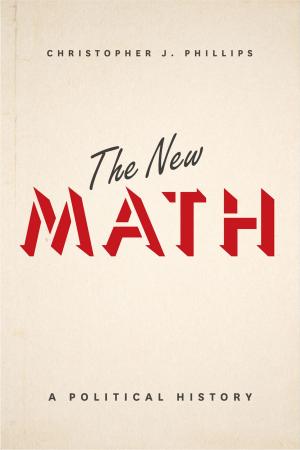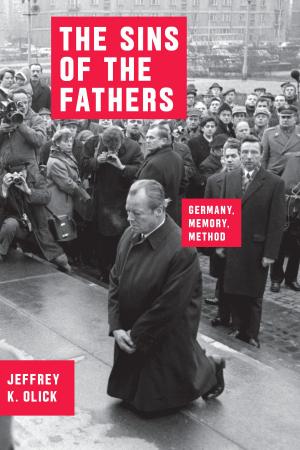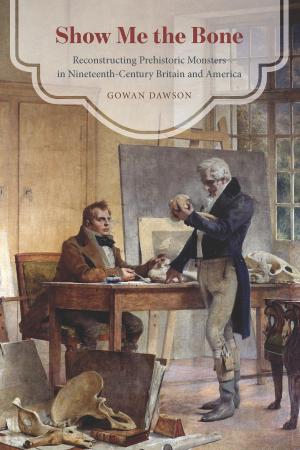Patty's Got a Gun
Patricia Hearst in 1970s America
Nonfiction, History, Americas, United States, 20th Century, Biography & Memoir| Author: | William Graebner | ISBN: | 9780226338071 |
| Publisher: | University of Chicago Press | Publication: | November 2, 2015 |
| Imprint: | University of Chicago Press | Language: | English |
| Author: | William Graebner |
| ISBN: | 9780226338071 |
| Publisher: | University of Chicago Press |
| Publication: | November 2, 2015 |
| Imprint: | University of Chicago Press |
| Language: | English |
It was a story so bizarre it defied belief: in April 1974, twenty-year-old newspaper heiress Patricia Hearst robbed a San Francisco bank in the company of members of the Symbionese Liberation Army—who had kidnapped her a mere nine weeks earlier. But the robbery—and the spectacular 1976 trial that ended with Hearst’s criminal conviction—seemed oddly appropriate to the troubled mood of the nation, an instant exemplar of a turbulent era.
With Patty’s Got a Gun, the first substantial reconsideration of Patty Hearst’s story in more than twenty-five years, William Graebner vividly re-creates the atmosphere of uncertainty and frustration of mid-1970s America. Drawing on copious media accounts of the robbery and trial—as well as cultural artifacts from glam rock to Invasion of the Body Snatchers—Graebner paints a compelling portrait of a nation confused and frightened by the upheavals of 1960s liberalism and beginning to tip over into what would become Reagan-era conservatism, with its invocations of individual responsibility and the heroic. Trapped in the middle of that shift, the affectless, zombielike, “brainwashed” Patty Hearst was a ready-made symbol of all that seemed to have gone wrong with the sixties—the inevitable result, some said, of rampant permissiveness, feckless elitism, the loss of moral clarity, and feminism run amok.
By offering a fresh look at Patty Hearst and her trial—for the first time free from the agendas of the day, yet set fully in their cultural context—Patty’s Got a Gun delivers a nuanced portrait of both an unforgettable moment and an entire era, one whose repercussions continue to be felt today.
It was a story so bizarre it defied belief: in April 1974, twenty-year-old newspaper heiress Patricia Hearst robbed a San Francisco bank in the company of members of the Symbionese Liberation Army—who had kidnapped her a mere nine weeks earlier. But the robbery—and the spectacular 1976 trial that ended with Hearst’s criminal conviction—seemed oddly appropriate to the troubled mood of the nation, an instant exemplar of a turbulent era.
With Patty’s Got a Gun, the first substantial reconsideration of Patty Hearst’s story in more than twenty-five years, William Graebner vividly re-creates the atmosphere of uncertainty and frustration of mid-1970s America. Drawing on copious media accounts of the robbery and trial—as well as cultural artifacts from glam rock to Invasion of the Body Snatchers—Graebner paints a compelling portrait of a nation confused and frightened by the upheavals of 1960s liberalism and beginning to tip over into what would become Reagan-era conservatism, with its invocations of individual responsibility and the heroic. Trapped in the middle of that shift, the affectless, zombielike, “brainwashed” Patty Hearst was a ready-made symbol of all that seemed to have gone wrong with the sixties—the inevitable result, some said, of rampant permissiveness, feckless elitism, the loss of moral clarity, and feminism run amok.
By offering a fresh look at Patty Hearst and her trial—for the first time free from the agendas of the day, yet set fully in their cultural context—Patty’s Got a Gun delivers a nuanced portrait of both an unforgettable moment and an entire era, one whose repercussions continue to be felt today.















